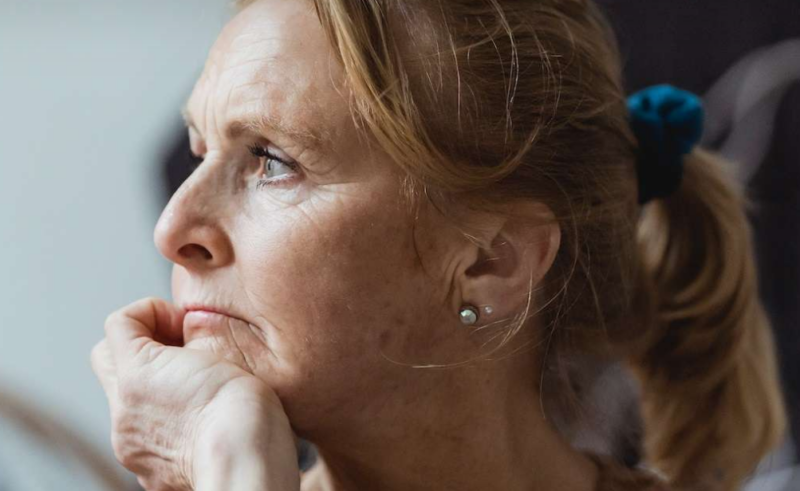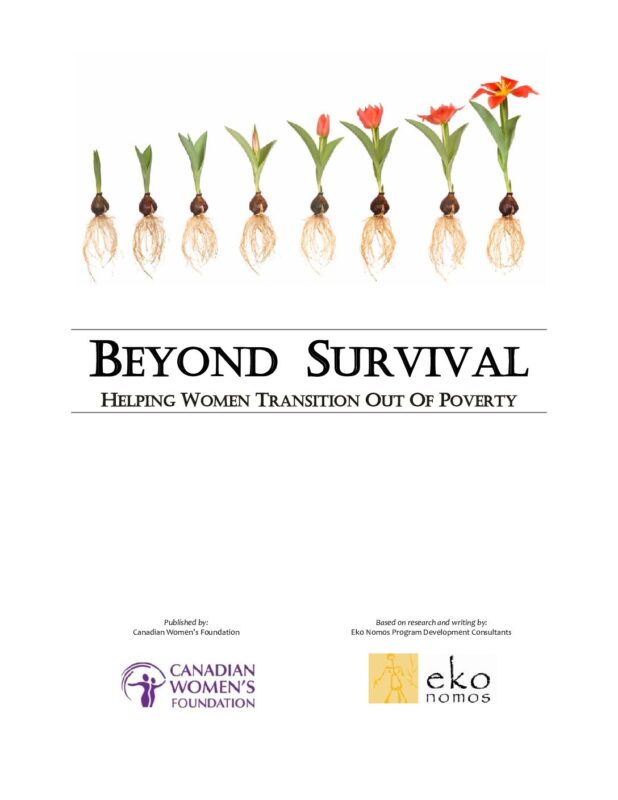Economic Autonomy
Financial insecurity can be a debilitating barrier to accessing to HIV prevention, care, and support.
About Economic Autonomy
Economic autonomy is well recognized as a key determinant of women’s health. Financial insecurity was repeatedly identified as a debilitating barrier to women’s health outcomes and access to HIV prevention, care, and support.
Economic autonomy was described as:
- Having a safe and stable home
- Access to healthy food
- Safe, reliable transportation
- Affordable childcare
- Access to communication tools
- Provision of medication
- Gainful employment
- The ability to support family, including family outside of Canada
Because health is more than just basic needs, women also noted the importance of access to educational opportunities that would enable economic growth; opportunities for grassroots organizing where they could enact community care; and funding opportunities to support women’s employment and work.
What is WHAI doing?
WHAI’s work in this area is anchored to community development in partnership with a strong network and includes:
- Networking with community partners to help inform strategies to address economic barriers faced by WHAI’s priority populations that increase risks related to HIV and impact access to HIV care and support (i.e., through workgroups and committee work)
- Building community capacity for warm and thoughtful referral pathways to services that provide financial assistance, employment services, or educational supports
- Supporting capacity building initiatives and accessible wrap around services that enhance meaningful employment opportunities for WHAI’s priority populations, linking to GIPA and MEPA
Community Voices
Our work is always informed by the lived experiences of women.


“We do not make enough money to meet all needs, underemployed (part-time), the rate of pay is too low, culturally relevant food is very expensive, rent is too high.”
“A lot of women struggle financially; they do not have enough money to care for their families and also send to their home countries. Community and emotional wellness is crucial, they are separated from their loved ones due to immigration issues. The process is long, being away from family in a new country with new ways is challenging for the women.”
Featured Resources From WHAI


